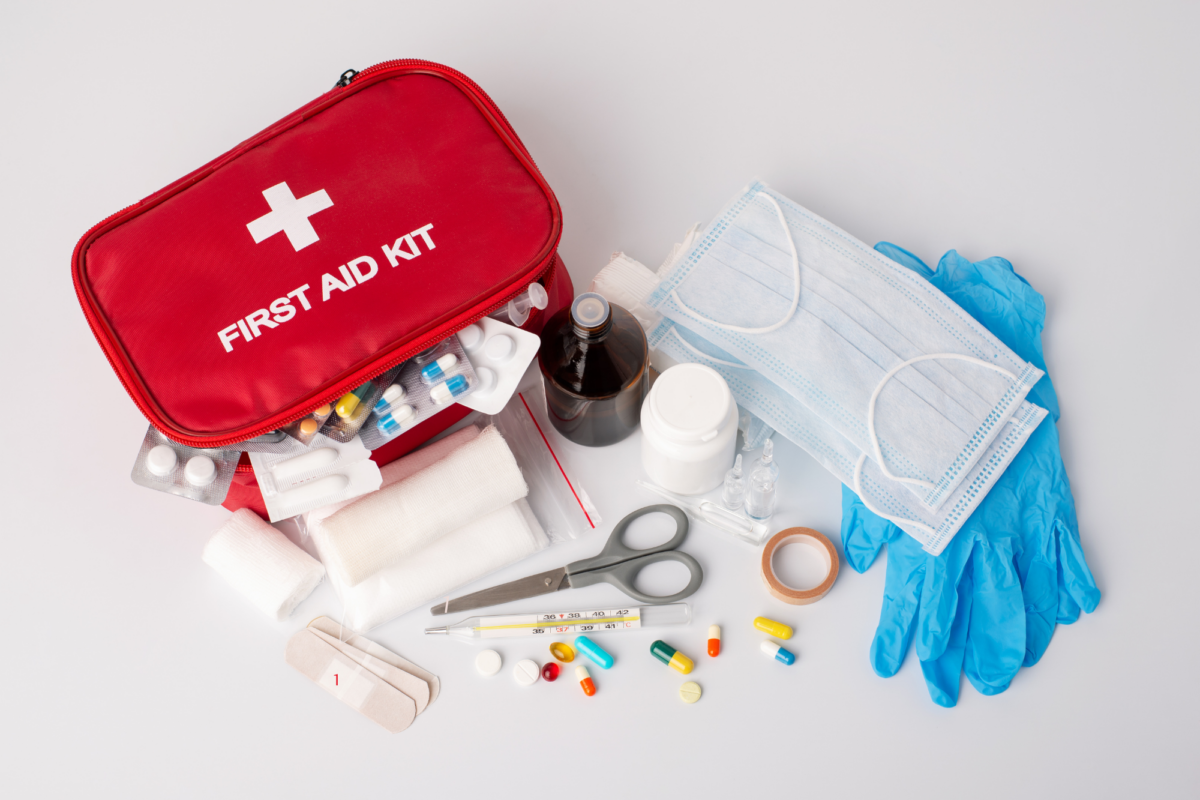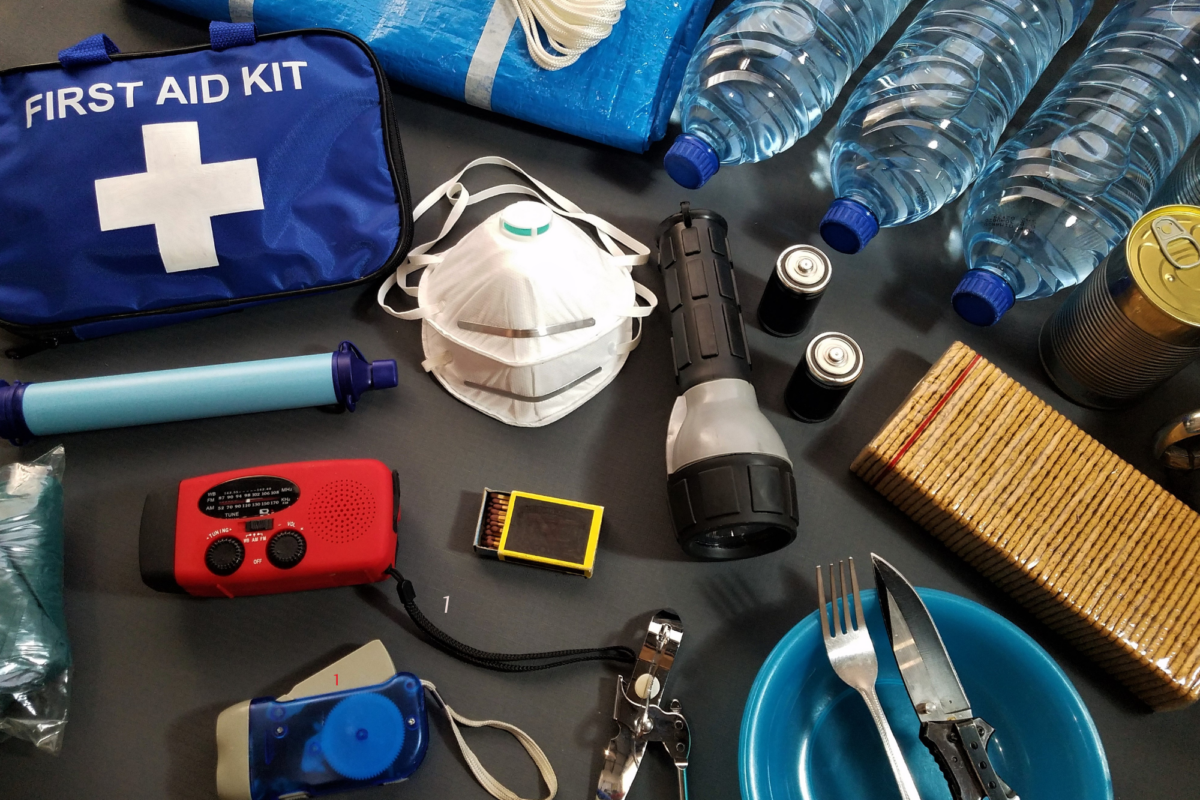Empowering Lifesavers: The Crucial Importance of Learning First Aid

Emergencies can happen when least expected, whether at home, work, or in public settings. In these critical moments, having the knowledge and skills to administer first aid can make a life-saving difference. Learning first aid is not just about acquiring a set of skills; it’s about empowering individuals to act swiftly, confidently, and effectively in times of crisis. In this blog post, we’ll explore the vital importance of learning first aid and why it’s a valuable asset for everyone, regardless of age or background.
Saving Lives:
Perhaps the most compelling reason to learn first aid is the potential to save lives. In emergency situations such as cardiac arrest, choking, or severe bleeding, immediate intervention can be the difference between life and death. Knowing how to administer cardiopulmonary resuscitation (CPR), control bleeding, and clear an obstructed airway can buy precious time until professional medical help arrives, significantly increasing the chances of survival.
Preventing Further Injury or Harm:
In addition to saving lives, first aid training equips individuals with the skills to prevent further injury or harm in emergency situations. By immobilizing fractures, stabilizing spinal injuries, and providing basic wound care, first aid responders can minimize the risk of complications and promote faster recovery for the injured person. Quick and appropriate first aid interventions can also help prevent minor injuries from escalating into more serious medical emergencies.
Promoting Health and Well-Being:
First aid education goes beyond addressing acute injuries and medical emergencies; it also promotes overall health and well-being. By learning how to recognize the signs and symptoms of common medical conditions such as heart attack, stroke, and allergic reactions, individuals can intervene promptly and seek appropriate medical attention, potentially preventing serious complications and improving long-term outcomes.
Building Confidence and Preparedness:
Learning first aid builds confidence and preparedness to handle emergency situations effectively. By participating in first aid training courses, individuals gain practical experience, scenario-based training, and hands-on practice in a supportive learning environment. This hands-on experience instills confidence and empowers individuals to remain calm, focused, and decisive in high-pressure situations, enabling them to take effective action when it matters most.
Fostering Community Resilience:
First aid education plays a crucial role in fostering community resilience and readiness to respond to emergencies collectively. When more individuals are trained in first aid, communities become better equipped to handle emergencies, support each other in times of crisis, and provide immediate assistance until professional help arrives. This shared knowledge and sense of preparedness create a safer and more resilient community for everyone.
Conclusion:
In conclusion, learning first aid is a valuable skill that can make a life-saving difference in emergency situations. By equipping individuals with the knowledge, skills, and confidence to administer timely and effective interventions, first aid education promotes safety, prevents further injury, and saves lives. I encourage everyone, regardless of age or background, to consider participating in first aid training courses and to prioritize learning these essential lifesaving skills. Together, we can build safer, healthier communities where everyone has the ability to respond confidently and compassionately in times of need.
